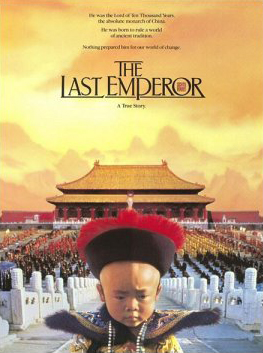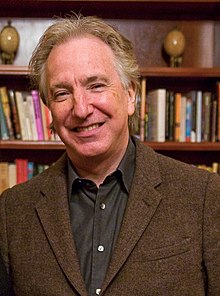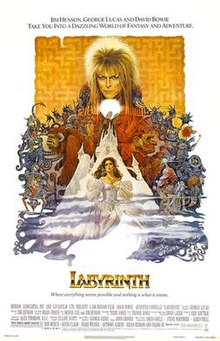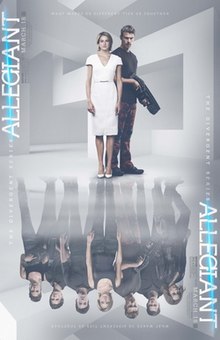With this being the second year in a row that the Academy has blatantly overlooked major films and performances by and about African-Americans, the calls for a boycott(lead by actress Jada Pinkett Smith) have been met with a good amount of support but also a sad supply of scorn as well. One of the worst commentaries came from Best Actress nominee Charlotte Rampling, who during an interview given in France claimed that the protest was "racist to whites."
She's not alone in that belief, so let me say this;pointing out that one group in particular is getting more prominence than others,to the point of excluding those others, in accolades is NOT racist!
Another line of defense in this argument is that "Should it be about talent?" Of course, it should and when talented people such as Idris Elba, Michael B. Jordan and F. Gary Gray are being left out when they have been given nominations for other awards for their work this year in the film industry, what other conclusion can you come to other than racism as to why they were snubbed?
This isn't a one time coincidence, this is a pattern of behavior that has become so predictable that even a comedy series like The Nightly Show can make accurate predictions of who is not going to be nominated:
Many other groups are well known for being left out of and/or poorly represented in the nomination game,such as women in the directing category and people in the Asian and Latino communities. As a longtime Oscar watcher, I recall when The Last Emperor swept the awards back in 1987, getting Best Picture, Director and Adapted Screenplay.
Sounds great, right? Well, the odd part was that none of the Asian actors and actresses were nominated. The exclusion of leading man and lady John Lone and Joan Chen, who both gave sterling performances, for Best Actor and Actress didn't make many waves back then. However, having Peter O'Toole up for Best Supporting Actor, when he played a very minor role in the movie, spoke all too loud and clear as to why that happened.
I have nothing against Peter O'Toole(who didn't win) or think that anyone has to be taken out of the nominee list in order to make room for someone else to be included(except maybe Charlotte Rampling, her elitist attitude leaves a bad taste in my mouth), that's not what this is about. It's about giving everyone a fair shot as much as possible.
I suspect that some of the unspoken thoughts about this include the notion that "well, we just gave them something a couple of years ago! Do we have to do that all of the time?" This isn't a favor being conferred, folks,this is simply treating all artists as equals in their field, a sign of respect that should not have to be campaigned for.
Granted, the Oscars are not the most important thing in the world but they are an international goal post in the film world that does reflect the industry as a whole. While it's good that the Academy is now working to make substantial changes for future nominees, it's a shame that talented people are still being made to wait in the wings:
These issues are not just in Hollywood,however. Most recently, uproar over a children's book entitled A Birthday Cake for George Washington, about a father and daughter working together in the kitchen and needing sugar for the cake to be a success, has caused it's publisher Scholastic to withdraw it from distribution.
The father and child in question were slaves, with history showing that the father Hercules escaped many years later and found freedom while his daughter Delia remained in bondage for the rest of her life. That fact is noted in an afterword in the book but the rather cheerful illustrations and overall tone of the story seem to downplay the grim truth of these real life characters' lives.
This comes on the heels of a similar controversy with another children's book last year from a different publisher. A Fine Dessert also detailed the work put into making a special treat for a family celebration, with the slaves that made it seen happily enjoying the leftovers in a closet.
I am sure that the authors and illustrators involved in both projects had good intentions here yet when it comes to story telling for such a young audience, it's extremely important not to sugar coat the hardships of slavery. Whether or not the characters that you focus on were enslaved in a household or in the fields, depicting that time period in a way that gives the wrong impression on history to grade school audiences is undermining to the educational process.
Some people are not happy about Scholastic's decision, feeling that it's a form of censorship. In my opinion, there is a world of difference between choosing to withdraw a book that has misleading information and preventing another viewpoint from being made available to readers. If there were children's books about the Holocaust that depicted that time period in a all too cheery light, I don't think that people would be so resistant to taking them off the market the way they seem to be with this book:
There have been strides made in pop culture towards showcasing diversity but many more need to be made and supported by the mainstream as well as people like you and me. You don't have to make a big production number out of reading or watching more diverse content yet it wouldn't hurt to take more of an innate interest in seeing what else is out there on the cinematic and literary landscape that could not only be enlightening but entertaining as well.
Let's all try to open our minds to art that expands our pop culture horizons and maybe that will help our society to do so out there in the real world. Variety is the spice of the life, after all, and if we can't take a chance with our fictions, how can we remedy some of the sad facts that face us in reality?:












.png/220px-The_Weeknd_-_Earned_It_(Official_Single_Cover).png)







